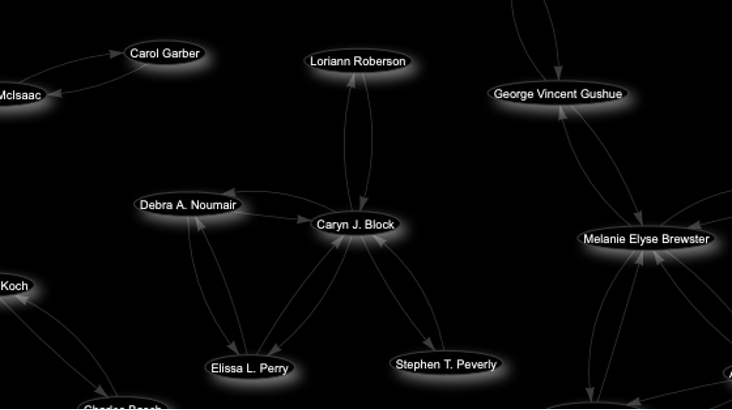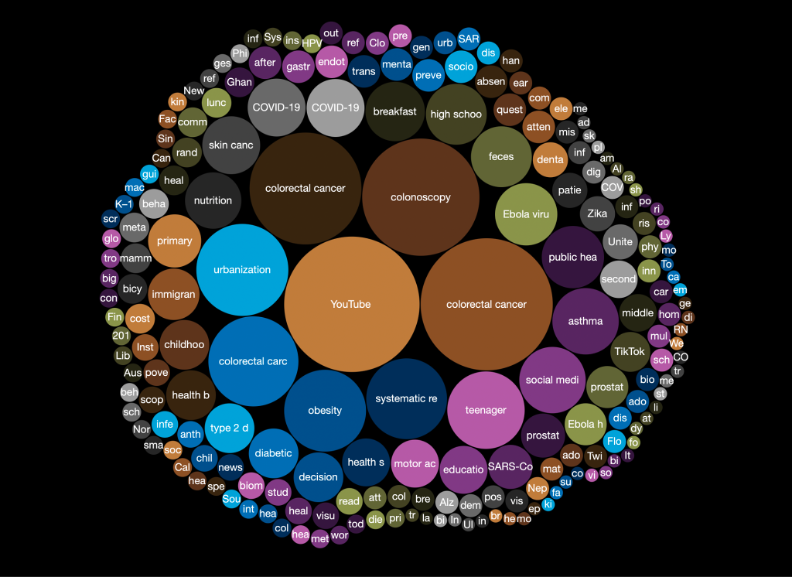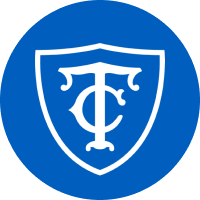Working With Wikidata (2)
Faculty Data Project & Workshop Announcement

Since June of this year, the Gottesman Libraries’ Technical Services team has been regularly experimenting with Wikidata as a platform for showcasing and linking TC faculty data. Such data was gathered from publicly available TC Faculty Profiles and was used to make a correlating set of Wikidata items on a CSV file. (In collecting said data, Wikipedia's Biographies of Living Persons Policy was followed emphatically.) This process of Wikidata-ization was completed with the use of the former article’s QuickStatements and Cradle tools, which allowed our team to batch upload various data sets to Wikidata en masse, easing the general workflow and setting a format precedent. What emerged as a result is presented most cohesively on the also aforementioned data profiling service Scholia.
When visited, the page initially offers users with a brief description of TC and a Table of Contents. Breaking some of the page’s sections down briefly…
- The ‘Employees and affiliated’ portion showcases all current TC faculty, which, in total, are represented by 218 Wikidata items. This section is searchable and can be reordered in line with a handful of Wikidata-related variables (e.g., by the amount of publications that any given faculty member presently has cataloged on Wikidata, by faculty members’ names, etc.).
- Next up is the ‘Co-author graph,’ which visualizes the connections between those TC faculty members that have publications accounted for on Wikidata. Presently, with only a handful of current TC faculty represented on this graph, the connections are still quite discernible. Clicking on each faculty member’s icon will reveal additional elements of their particular Wikidata item.
- Another point of interest is the ‘Topics that employees and affiliates have published on’ section, which understandably portrays the great many topics represented in the research done by TC’s faculty. Perusing these topics can give users a sense of the substantial breadth of subjects covered by faculty members’ research.
Other data-derivative offerings exist on a more micro plane – i.e., on the individual faculty member level – as well. See, for instance, the Scholia page for Dr. Basch (Q19609689), which works off of 98 Wikidata items representing pools of his research over the years. What amounts is a Scholia page not significantly different from TC’s in appearance but one that differs greatly in data. Such differences can be gleaned by viewing the more individually specific topics being researched and the less TC- and more Dr. Basch-related co-author graph, where those persons represented are not exclusively members of the TC community and are instead those that have collaborated with Dr. Basch in his research.

Moving beyond this overview, it is advisable that Scholia is crucial to the Technical Services team’s Wikidata work and, really, to all Wikidata work is the idea of continued growth. TC’s Wikidata presence has, at this point, only just started to materialize and, at any rate, it will go on to evolve over time with the help of human and non-human (i.e., to say bot) actors alike, largely irrespective of academia’s participation in its said online representation; users, both affiliated with and/or wholly unrelated to academic circles, will replicate the research of the world to spur on further learning and discovery. In taking these initial steps toward representing TC and its faculty on Wikidata, the Libraries’ Technical Services team seeks to begin a larger push toward having the TC community monitor, edit, and create the elements of itself that already do and eventually will exist on Wikidata. To that effect, this article concludes the WwW series by sharing that on December 2nd the Technical Services team aims to host a Wikidata workshop where TC affiliates can learn and ask questions about how they can get involved with their data and online presence. An abundance of thanks for reading.

